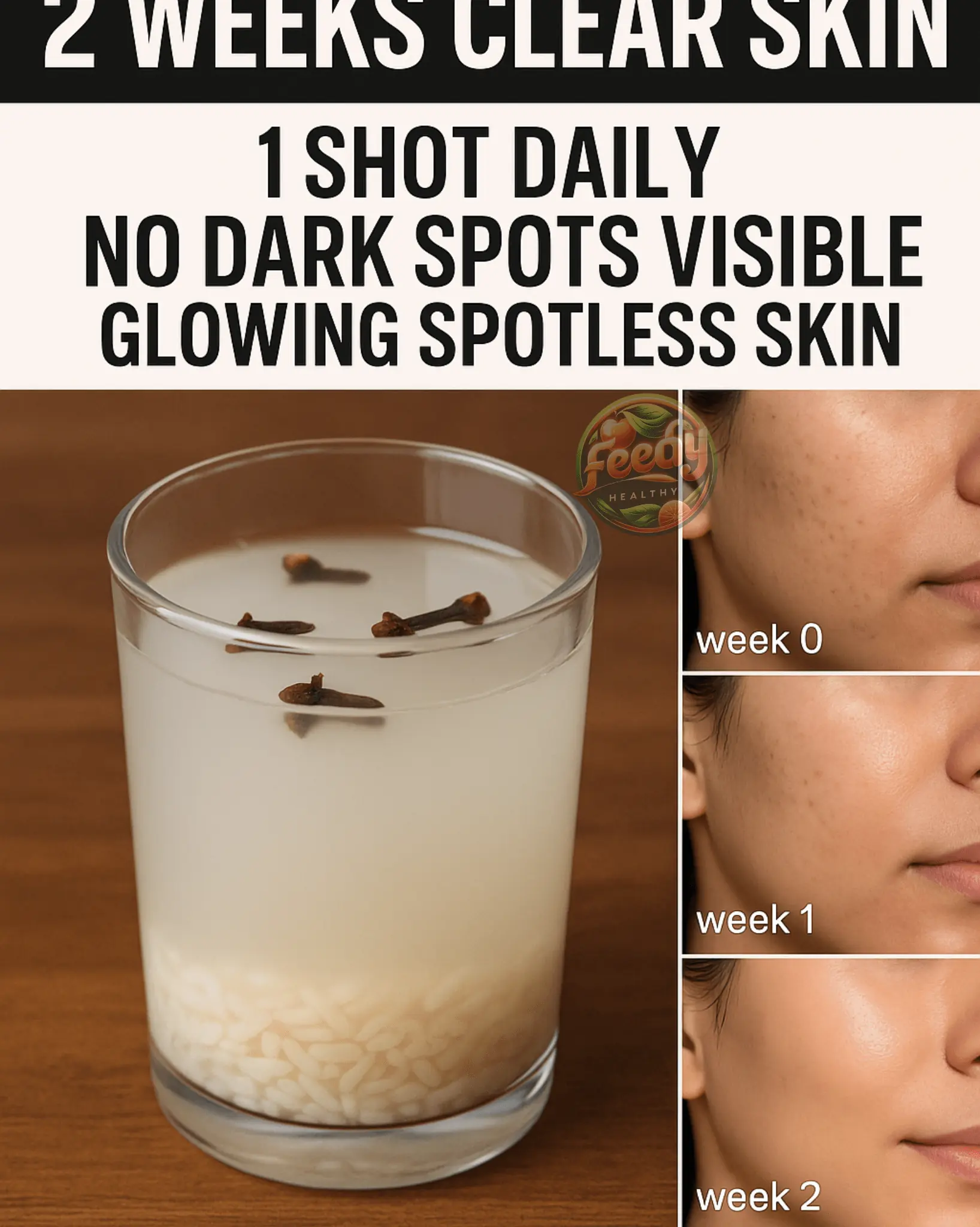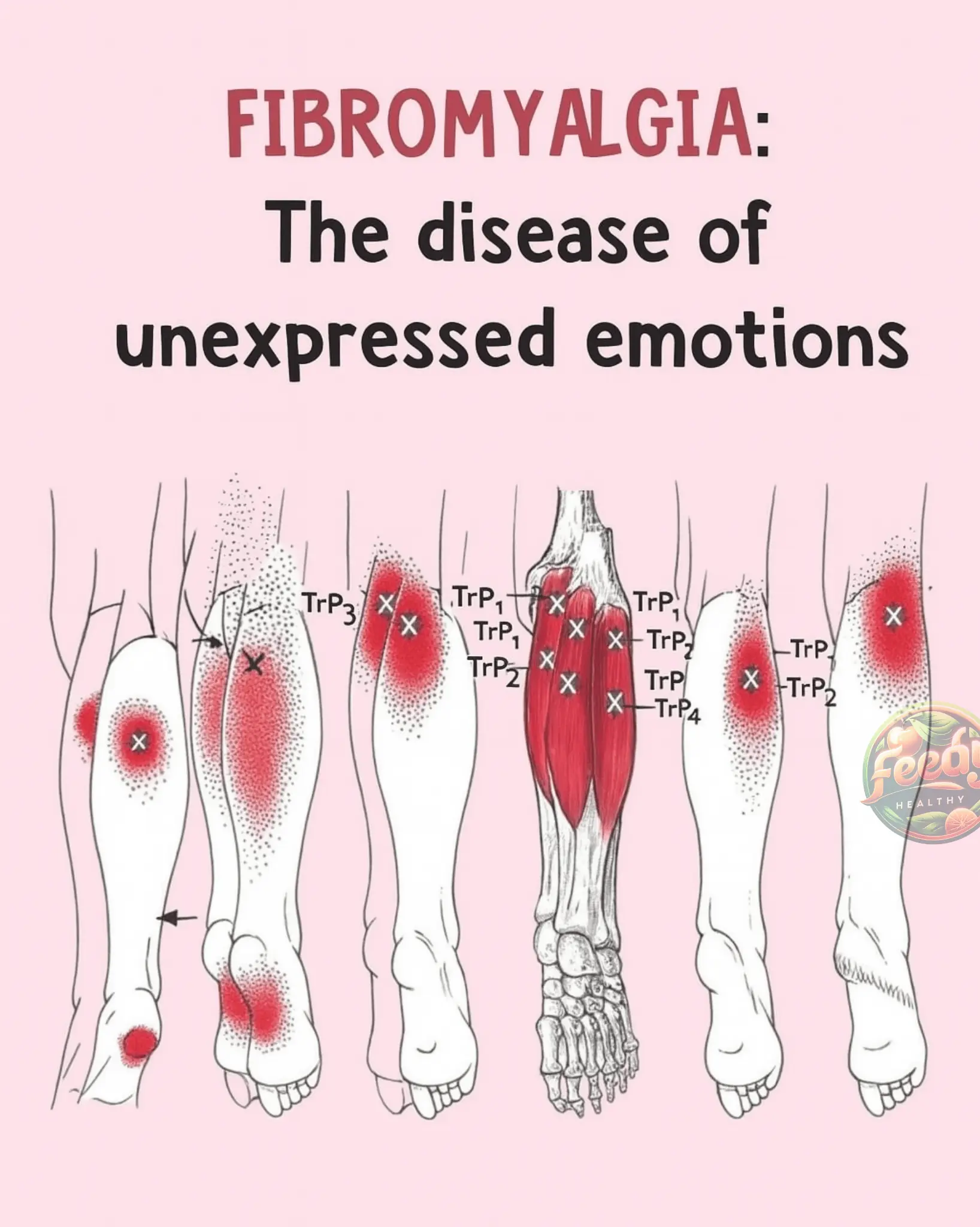
7 Things That Happen To Your Body When You Don’t Have Sex For A While

Sex is a natural part of human life. When practiced safely and consensually, it not only brings physical pleasure but also offers significant health benefits. However, what happens when you go without sex for an extended period? Whether by choice or circumstance, abstaining from sexual activity can affect your body and mind in surprising ways.
Here are seven common side effects of sexual inactivity—and why they matter.
1. Increased Stress Levels
Sex naturally lowers cortisol, the body’s primary stress hormone. Without it, stress may accumulate more easily. For women, in particular, research has shown that regular sexual activity can provide a protective effect for heart health later in life. The release of feel-good hormones like dopamine and oxytocin during intimacy also contributes to reduced anxiety and better emotional balance.
“Sex has complicated ties to mood, self-esteem, and releasing happy hormones,” explains sexologist Dr. Jordin Wiggins.
2. Decreased Libido
Contrary to what one might expect, sexual desire doesn’t necessarily build with abstinence. In fact, the longer you go without sex, the more your body can adjust to not needing it. Over time, this may lead to a significant drop in libido—for both men and women. Masturbation and self-stimulation can help reignite desire and maintain a healthy sex drive.
3. Dry Vaginal Wall and Weak Pelvic Floor
A common myth is that the vagina “tightens” with abstinence. In reality, lack of sexual activity can lead to vaginal dryness and weaker pelvic muscles—a condition known as vaginal atrophy. This can make intercourse more uncomfortable and reaching orgasm more difficult. To combat this, pelvic floor exercises and using a pelvic floor trainer are highly recommended.
4. Delayed Arousal
If it’s been a while since you’ve had sex, it may take longer for your body to respond the next time. This is especially true for women, who may experience a longer time to natural lubrication. Don’t let this discourage you—communication, foreplay, and emotional connection are key to a positive experience.
5. Touch Starvation
Human beings are wired for physical connection. A lack of physical touch—sexual or otherwise—can lead to what’s known as touch starvation. Without skin-on-skin contact, levels of oxytocin drop, and people may feel more emotionally isolated or even physically unwell. Hugs, cuddles, and platonic touch also matter and contribute to overall emotional wellness.
6. Decreased Immunity
Sex has been linked to a stronger immune system. Not only does it lower stress, but it also helps people sleep better—both factors known to boost immunity. Studies suggest that people who engage in regular sexual activity get sick less often than those who don’t.
7. Higher Risk of Erectile Dysfunction (ED)
Men who maintain regular sexual activity are less likely to experience erectile dysfunction. Regular sex encourages healthy blood flow and supports psychological well-being. One study found that men who had sex less than once a week had double the rate of ED compared to those who engaged in sexual activity more frequently.
Bonus: The Overall Health Benefits of Sex
Let’s not forget what regular, healthy sex can do for your body and mind. The benefits include:
-
Better sleep
-
Lower stress and anxiety
-
Decreased depression and loneliness
-
Stronger immune function
-
Improved cardiovascular health
-
Lower risk of prostate cancer
-
Enhanced self-esteem and body image
-
Deeper connection with your partner
Of course, all these benefits apply to safe and consensual sex. Remember: sex can also increase the risk of STIs and UTIs. Use protection and communicate openly with your partner.
Final Thoughts
If you’re going through a dry spell, don’t panic—many people experience phases of sexual inactivity. What’s important is understanding how it may impact your health and taking steps to support your physical and emotional well-being.
Whether you're single, in a relationship, or somewhere in between, prioritize open communication, self-care, and safe practices. And if you have concerns about your sexual or reproductive health, speak with your doctor or a qualified healthcare provider.
News in the same category


What’s SPAM, really — and what goes into it?

💤 Your Sleeping Position Says A Surprising Amount About You

💕 15 Things Women Only Do With the Men They Truly Love

Brain Teaser: Can you identify the error in this family’s dining room photo in under 15 seconds?

🧬 A Giant Leap in Dinosaur Science: Preserved T. rex Cells Discovered! 🦖✨

Woman issues terrifying warning after finding a stroller abandoned on the side of the road

15 things a woman should never tell a man

Who Would You Give Your Seat to on the Bus? Your Answer Reveals Personality Insights

Can You Spot the 6 Hidden Words in This Living Room Image?

What’s the purpose of the fabric strip across hotel beds?

The Astonishing Life Cycle of Bamboo: A Once-in-a-Lifetime Botanical Spectacle

The Truth About Rhino Horns: What They're Really Made Of

Never keep these 4 relics after losing a loved one

A Touch of Viking Brilliance: Moss-Carpeted Homes in Norway

👠 From Stilettos to Slides: A Woman’s Life Journey Told Through Her Shoes

The ring you pick will reveal your truest trait

5 Reasons Why Some Men Prefer Slim Women

The Mpemba Effect: Why Hot Water Can Freeze Faster Than Col
News Post

Dietary Adjustments to Improve Erectile Dysfunction and Premature Ejaculation: 3 Often Overlooked Fruits

The Most Harmful Drink for Your Blood Vessels – You Might Be Drinking It Every Day Without Knowing!

Symptoms to Detect Breast Cancer: What You Need to Know

Ginger Clove Shot For Glowing Skin

They Got Me A Birthday Cake At The Station—But I Know None Of Them Planned It

Why You Shouldn’t Sleep Next to a Charging iPhone Thermal Buildup

Father of 9-year-old Melina Frattolin faces charges as new details surface in her death

🔬 Hidden Lake Beneath Greenland Ice Could Unlock Secrets of Earth—and Beyond

🔬 Scientists Discover Pink Glacial Algae Turning Arctic Snow Red—and Accelerating Ice Melt

Aneurysm: Warning Signs You Should Never Ignore to Protect Your Brain Health

Old Doctors Swear By This: Castor Oil & Baking Soda Treat 19 Health Issues – Results in Just 48 Hours!

Fibromyalgia: How to Manage It with Natural Remedies and a Healthy Lifestyle

Scientists Found The Hidden Factor Behind the Global Infertility Crisis, And It’s Terrifying

Drink This Natural Tea to Relieve Swelling in Legs, Ankles, and Feet

💗 Pink Oreo Dream Bars

🍓 Decadent Chocolate Strawberry Cake

Why are your veins suddenly bulging and visible?

7-Eleven Employee Dies After Being Left Brain-Dead in Shocking Incident Involving Manager
